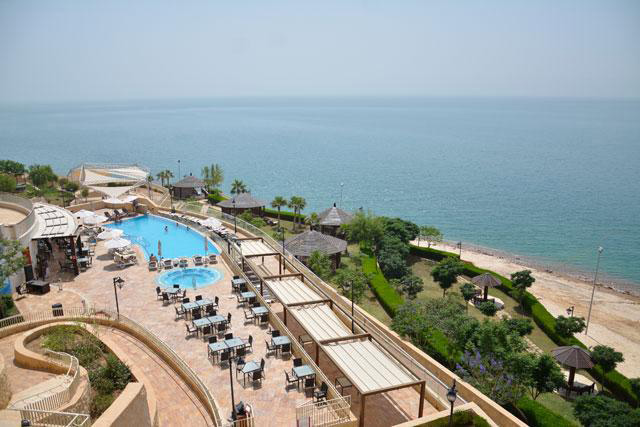AMMAN — Economic sectors have improved during Eid Al Adha, as demands have risen, but the demand still remains lower than in previous years, according to representatives.
Khalil Haj Tawfiq, chairman of Amman Chamber of Commerce, indicated that Eid Al Adha was relatively better than Eid Al Fitr for a number of sectors.
Tawfiq told The Jordan Times over the phone on Saturday that some sectors, such as restaurants and sweet shops, had an increase in demand during eid.
“The demand was relatively good but definitely not the same as we are used to, which was expected,” he said.
Tawfiq said that Jordanians are still suffering from the pandemic’s effects. “The pandemic has affected citizens’ purchasing power significantly, along with creating and intensifying pre-existing issues such as unemployment,” he said.
Tawfiq noted that expatriates are currently keeping the economy rolling, but once they depart demand will drop significantly.
“We are continuously presenting solutions for the government to help our economy and we demand the government to act fast to save the Jordanian economic sectors by making better decisions,” he continued.
Deputy Chief Commissioner of the Aqaba Special Economic Zone Authority (ASEZA) Sharhabeel Madi indicated that the demand for Aqaba hotels has increased gradually during Eid Al Adha to reach about an 80 per cent occupancy rate.
Madi said that before eid, the demand for hotels was approximately 50 per cent. After the first day of eid, some five-star hotels on the beach reached a 90 per cent occupancy rate and hotels in the city of Aqaba reached a 50 to 80 per cent occupancy rate,” Madi told The Jordan Times.
Madi pointed out that the demand was mostly driven by domestic tourists, but there was also a small percentage of foreign tourists as well.
Madi noted that Aqaba is expected to have “significant activity” after eid, especially because of the Urdun Jannah programme and Aqaba Carnival that kicks off in August.
“Foreign tourists usually start to come in late August and early September, so we are expecting more demand regarding foreign tourism in Aqaba in the upcoming months,” he added.
President of the Jordan Hotel Association (JHA) Abdel Hakim Al Hindi noted that the hotels’ occupancy rates were “reassuring” in the Dead Sea area and Amman during Eid Al Adha.
From Monday (first day of Eid Al Adha) through Thursday, the rate ranged from 65 to 70 per cent at the Dead Sea. In Amman, the average occupancy rate in five-star hotels was 50 to 60 per cent and 40 to 45 per cent in four-star hotels, according to the JHA.
Hindi told The Jordan Times that there were very few foreign tourists, the majority were Jordanians, expatriates and people from the Gulf.
